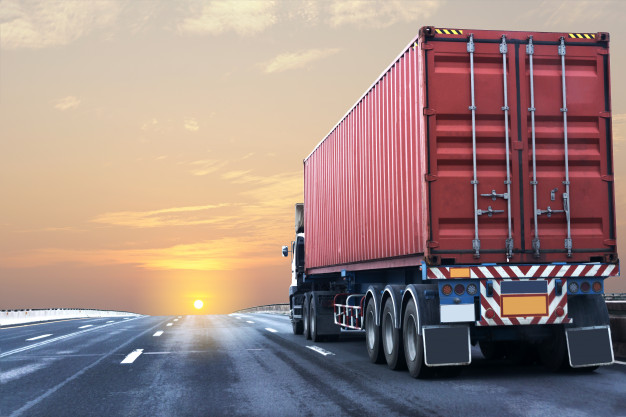5 Tips for Choosing the Right Trucking Service Provider in the Philippines
The trucking industry has always been a vital part of the business economy with thousands of manufacturers, retailers, and distributors depending on effective transportation, and trucking services to ensure timely delivery of goods. However, as the need for better delivery and hassle-free logistics keeps rising, getting the right trucking service becomes overwhelming.
Whether you’re managing a small business or running a large-scale enterprise, partnering with a dependable logistics company in the Philippines really does make a significant difference. Let us help you find the right partner with the following five key tips on how to find an excellent trucking service provider.
Assess Their Experience and Expertise
In logistics, one size does not fit all. An experienced trucking service company is knowledgeable of the quirks of hauling goods around the Philippines, including dealing with high-traffic cities to challenging deliveries in the country.
Do a background check on the duration the company has been running in the business as well as the nature of the cargo they handle.
- Are they handling small parcels, bulk, or delicate items?
With a service provider that has next level of expertise and experience you can ensure that the goods to be delivered will arrive at the destination safely and on time.
Determine Fleet Size and Equipment Quality
Trustworthy trucking companies rely on well-kept vehicles and up-to-date machinery. Check for the size of their fleet and if the trucks that they have can accommodate your needs volume-wise.
A good logistics company will invest in high-quality vehicles, tracking, and safety to operate efficiently. In addition, GPS tracking and refrigerated trucks can be a great plus point, if you have high-value goods or goods that can be damaged easily.
Check Their Network and Coverage
Prior to signing a contract, be sure that the provider is able to accommodate your delivery locations. Some trucking service providers serve regional routes, and some provide coverage nationwide. If cross-border transport is involved in your business, think of teaming up with firms that work together with international freight forwarders for smooth combinations of local and international logistics.
Choosing a provider with an extensive network ensures your goods reach their destinations faster and with fewer handovers, reducing delays and potential damage.
Verify Their Record of Performance & Trustworthiness
Trust is one thing but credibility is everything in logistics. Seek a trucking service company that has a history of timely deliveries and good service to the customers.
Check client reviews, testimonials, and industry certifications. Reliable companies are transparent about their processes and provide real-time updates on shipment statuses. The ability to consistently deliver as promised is a strong indicator of a trustworthy partner.
Compare Prices Without Compromising Quality
We all know service cost matters, but it shouldn’t be the determining factor by itself. Though it is tempting to select the company that has the lowest rates, making the selection purely on the basis of prices might result in unstable service and spoiled goods.
More than that, strive for value for money. Compare prices, inclusive services, and value-added services like insurance and warehousing. The Philippines’ best logistics company offers competitive prices without the compromise of safety, speed, and quality of service.
Make Sure Your Goods are Secure with Excelsior!
At Excelsior Worldwide Freight Logistics Corporation, we believe that trust, integrity, and exceptional service are the foundations of lasting partnerships.
For over 15 years, we have helped businesses keep their supply chains running smoothly by providing expert advice, reliable trucking solutions, and seamless coordination with international freight forwarding companies. Our clients trust us to deliver their shipments safely and on time, giving them peace of mind every step of the way. As we move forward, we remain committed to bringing you faithful service, optimized solutions, and unwavering support, every shipment, every time.



